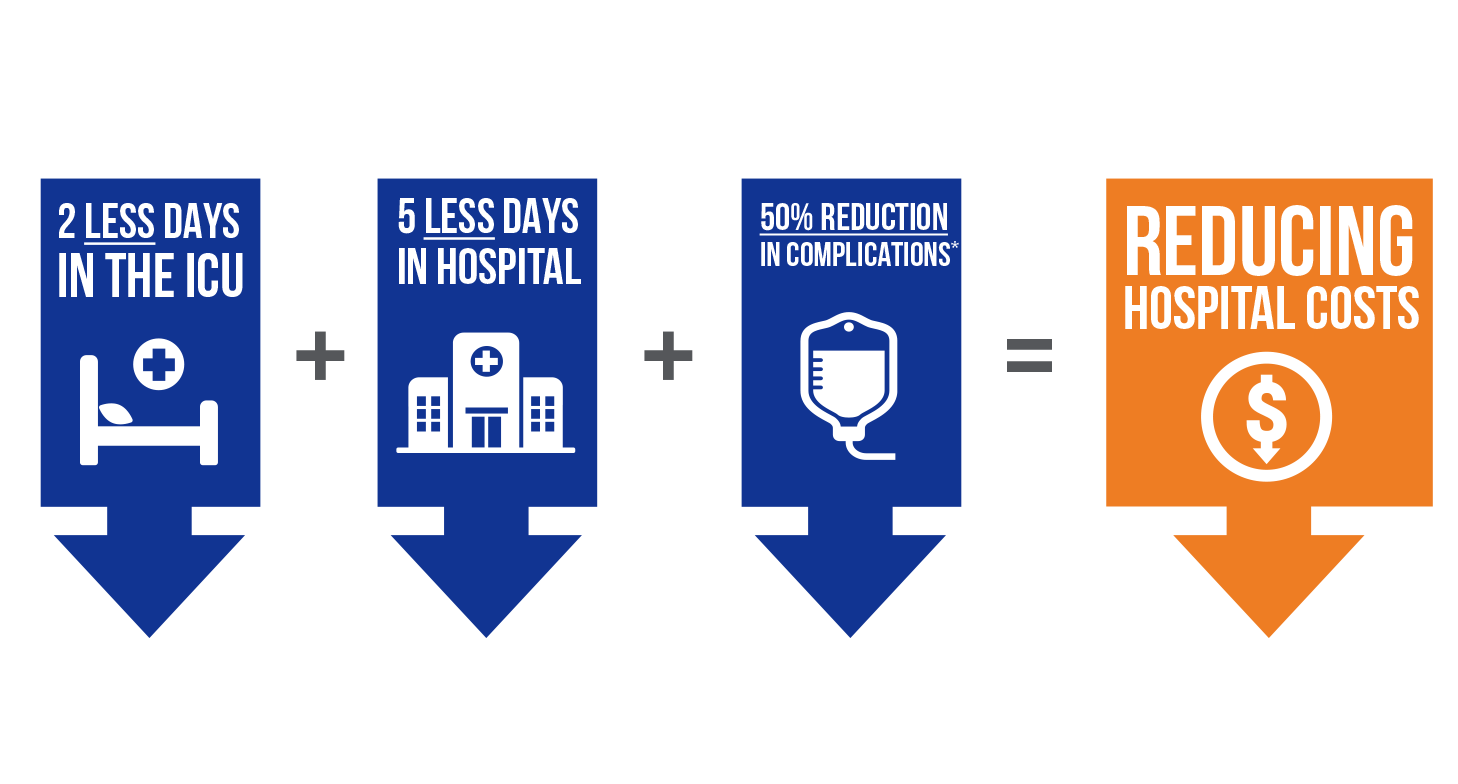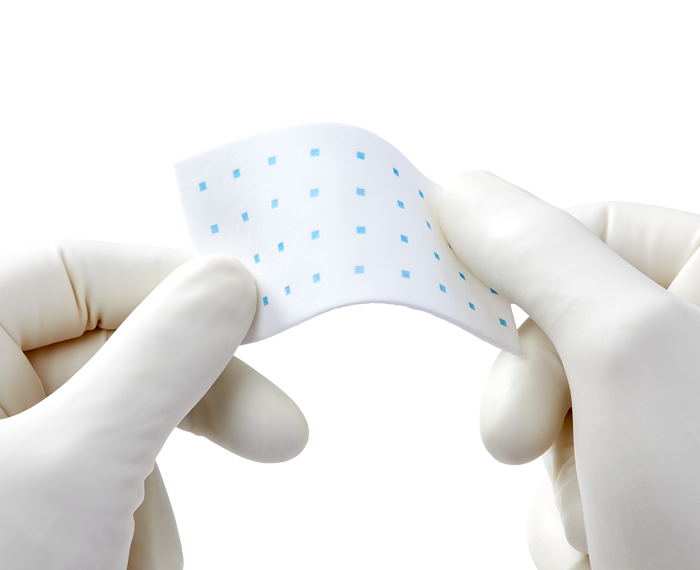HEMOPATCH


Improving Outcomes
Surgeons have few tools to prevent post-operative pancreatic fistulas. HEMOPATCH demonstrated significant cost savings and improved patient outcomes.6

Fast and Effective Sealing and Haemostasis
92% of surgeons rated HEMOPATCH as highly satisfactory for its ease of use, handling, flexibility/pliability and tissue adherence characteristics in open and laparoscopic procedures. Successful haemostasis after two minutes of approximation occurred in 93% of patients.1,2
Mechanism of Action
When you apply HEMOPATCH Sealing Haemostat directly to moist tissue, two processes combine to seal the surface and induce haemostasis.2
Additional Product Benefits
Strong adherence to the tissue surface
HEMOPATCH rapidly adheres to applied tissue due to the electrophilic cross-linking action of NHS-PEG. The patch provides mechanical structure to support friable tissue.2
Designed for utmost flexibility
Soft, thin and flexible collagen pad allows easy handling and preparation for MIS applications. No preparation or pre-moistening required.1,2
Reduce post-operative complications
HEMOPATCH may decrease post-operative pancreatic fistulas, CSF leakage, and the number of transfusions and revisions in cardiac surgery as compared to the standard of care. Reducing these post-operative complications results in substantial cost savings.3,4,5